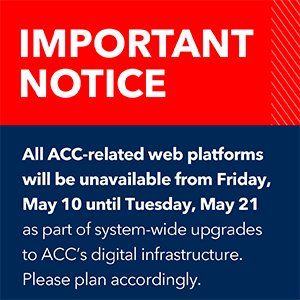Benzodiazepine-Free Cardiac Anesthesia for Reduction of Postoperative Delirium - B-Free
Contribution To Literature:
The B-Free trial failed to show that restrictive benzodiazepine use reduces postoperative delirium.
Description:
The goal of the trial was to evaluate restrictive benzodiazepine use compared with liberal benzodiazepine use among patients undergoing cardiovascular surgery.
Study Design
- Cluster
- Crossover
- Randomized
Patients undergoing cardiovascular surgery were randomized to restrictive benzodiazepine use (n = 9,827) vs. liberal benzodiazepine use (n = 9,941).
- Total number of enrollees: 19,768
- Duration of follow-up: in-hospital
- Mean patient age: 65 years
- Percentage female: 27%
Inclusion criteria:
- Undergoing cardiac surgery
Principal Findings:
The primary outcome, delirium within 72 hours, was 14.0% in the restrictive group vs. 14.9% in the liberal group (p = 0.07).
Secondary outcomes:
Excluding patients who received benzodiazepine within 24 hours prior to surgery: Delirium within 72 hours was 13.7% in the restrictive group vs. 14.9% in the liberal group (p = 0.01).
Interpretation:
Among patients undergoing cardiac surgery, restrictive benzodiazepine use did not reduce postoperative delirium. When the analysis excluded patients who received benzodiazepines within 24 hours prior to surgery, there was a modest reduction in postoperative delirium with the restrictive benzodiazepine use. The reasons for postoperative delirium are likely multifactorial, which include reasons beyond use of benzodiazepines.
References:
Presented by Dr. Jessica Spence at the American College of Cardiology Annual Scientific Session (ACC.24), Atlanta, GA, April 7, 2024.
Clinical Topics: Cardiac Surgery, Invasive Cardiovascular Angiography and Intervention
Keywords: ACC24, ACC Annual Scientific Session, Anesthetics, Cardiac Surgical Procedures
< Back to Listings

